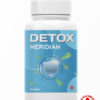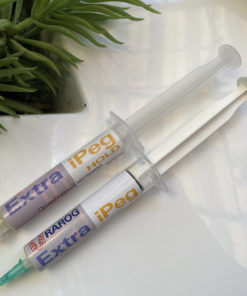Subtotal: $139.00
Pangamic Acid (Vitamin B15): Benefits, Uses & Side Effects
$39.00
Pangamic Acid (Vitamin B15): Benefits, Uses, and Research
Pangamic acid, also known as vitamin B15, is a compound formed from gluconic acid and dimethylaminoacetic acid (DMAA). Initially isolated from apricot kernels by Ernst T. Krebs, it’s also found in beans and rice bran. While once termed vitamin B15 by Krebs, its classification as a true vitamin remains debated. Nonetheless, pangamic acid has garnered attention for its potential health benefits.
Potential Benefits and Uses:
Research suggests that pangamic acid may offer several health advantages, including:
- Improved Lipid Metabolism and Cholesterol Reduction: Pangamic acid may help regulate lipid metabolism and contribute to lower cholesterol levels. However, more rigorous clinical trials are needed to confirm these effects.
- Enhanced Oxygen Utilization: This compound may improve the tissues’ ability to utilize oxygen, potentially mitigating hypoxia (oxygen deficiency). This effect could contribute to faster recovery and cellular health.
- Liver Support: Some studies suggest pangamic acid may support liver function and offer protection against liver damage. Its role in preventing cirrhosis requires further investigation.
- Enhanced Energy Production: By stimulating protein synthesis and increasing creatine phosphate in muscles and glycogen in the liver and muscles, pangamic acid may contribute to increased energy levels.
- Anti-inflammatory and Antioxidant Properties: Pangamic acid exhibits anti-inflammatory effects and may possess antioxidant capabilities, although more research is necessary to fully understand these mechanisms.
- Detoxification Support: This compound is believed to aid in detoxification processes, potentially assisting in the elimination of toxins and alcohol byproducts. Further research is warranted to confirm these benefits.
- Cardiovascular Health: Calcium pangamate (calcium salt of pangamic acid) has been used in some contexts for conditions like ischemic heart disease, atherosclerosis, myocardial infarction, angina pectoris, and emphysema. However, the evidence supporting these applications needs further evaluation.
Important Note:
While pangamic acid shows promise in preliminary studies, more high-quality research is necessary to confirm its efficacy and safety for specific health conditions. It’s crucial to consult with a healthcare professional before using pangamic acid, especially if you have pre-existing health conditions or are taking other medications. The information presented here is for informational purposes only and does not constitute medical advice.
 Free worldwide shipping on orders $99+
Free worldwide shipping on orders $99+  US: temporary delays — postal services aligning new import rules,
US: temporary delays — postal services aligning new import rules,  EU: 1–2 weeks,
EU: 1–2 weeks,  Worldwide: 1–4 weeks
Worldwide: 1–4 weeks 

![Smith Frequency 086: [Relevant Keyword] Guide](https://globalhealingweb.com/wp-content/uploads/2024/11/6295017024-247x296.jpg) Smith Frequency 086: [Relevant Keyword] Guide
Smith Frequency 086: [Relevant Keyword] Guide 









